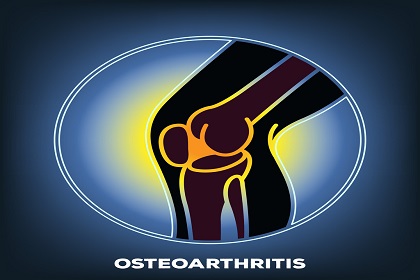Search
What is the flu? How is it different from the common cold?
The flu is an infection caused by the influenza viruses while the common cold is an infection caused by a different group of viruses.
Although they are easily confused with each other, the following symptoms are more commonly for the flu:
• High fever
• Chills
• Body aches
• Extreme tiredness
• Headache
The flu, unlike the common cold, may cause
infections of the lungs and blood, death in vulnerable people. Getting
vaccinated, however, can reduce your chance of falling sick.
How does a flu vaccine work?
In laboratories, the influenza viruses are injected into eggs.
When ready, they are removed, washed, and inactivated.
The inactivated flu viruses help your body to create antibodies. After 2 weeks, your body will have enough antibodies to fight off the flu.
During these 2 weeks, if you are infected by the influenza virus, you may still fall sick, but your symptoms will be less severe.
Can I still take the flu vaccine if I have an egg allergy?
Some flu vaccines contain small amounts of egg protein, but are unlikely to cause an allergic reaction. If you have any concerns, talk with your doctor.
Am I protected against all kinds of flu?
Seasonal flu vaccines only protect you against the strains of flu viruses in the vaccine. The strains of the influenza virus in the vaccine are chosen by CDC to best protect you this flu season. CDC monitors flu strain outbreaks around the world. They are aware which current virus is in trend. There are many different strains of flu viruses circulating around. We recommend that you have a flu vaccination every year to ensure protection against current influenza viruses.
Talk with your doctor if you have concerns if the influenza vaccination is for you.
What are the common side effects?
Some may experience the following:
• Mild fever
• Mild rash
• Redness and slight swelling where you had the shot
Although vaccinations may cause serious side effects, such as severe allergic reactions. These serious side effects are very rare.
Who should get the flu vaccine?
People who are likely to be more ill after getting sick with the flu, such as the following:
• Young children aged 5 or below
• Adults 65 years of age or older
• Pregnant women
• People with long-term health conditions – asthma, chronic lung and heart diseases, diabetes, or severe obesity
• People with low immunity – cancer, HIV infection, etc.
• People who live in nursing homes
• Caregivers of people who are likely to get the flu
There are some who may not be suitable to receive this vaccine. Please discuss with your doctor before getting this vaccination.
This written content is to better inform you. It does not substitute medical advice. Please seek the advice of your doctor and healthcare professionals if you have any questions about this material.
Click the link for more information on Family Medicine Clinical Service
Click the link for more information on Pediatrics Clinical Service











